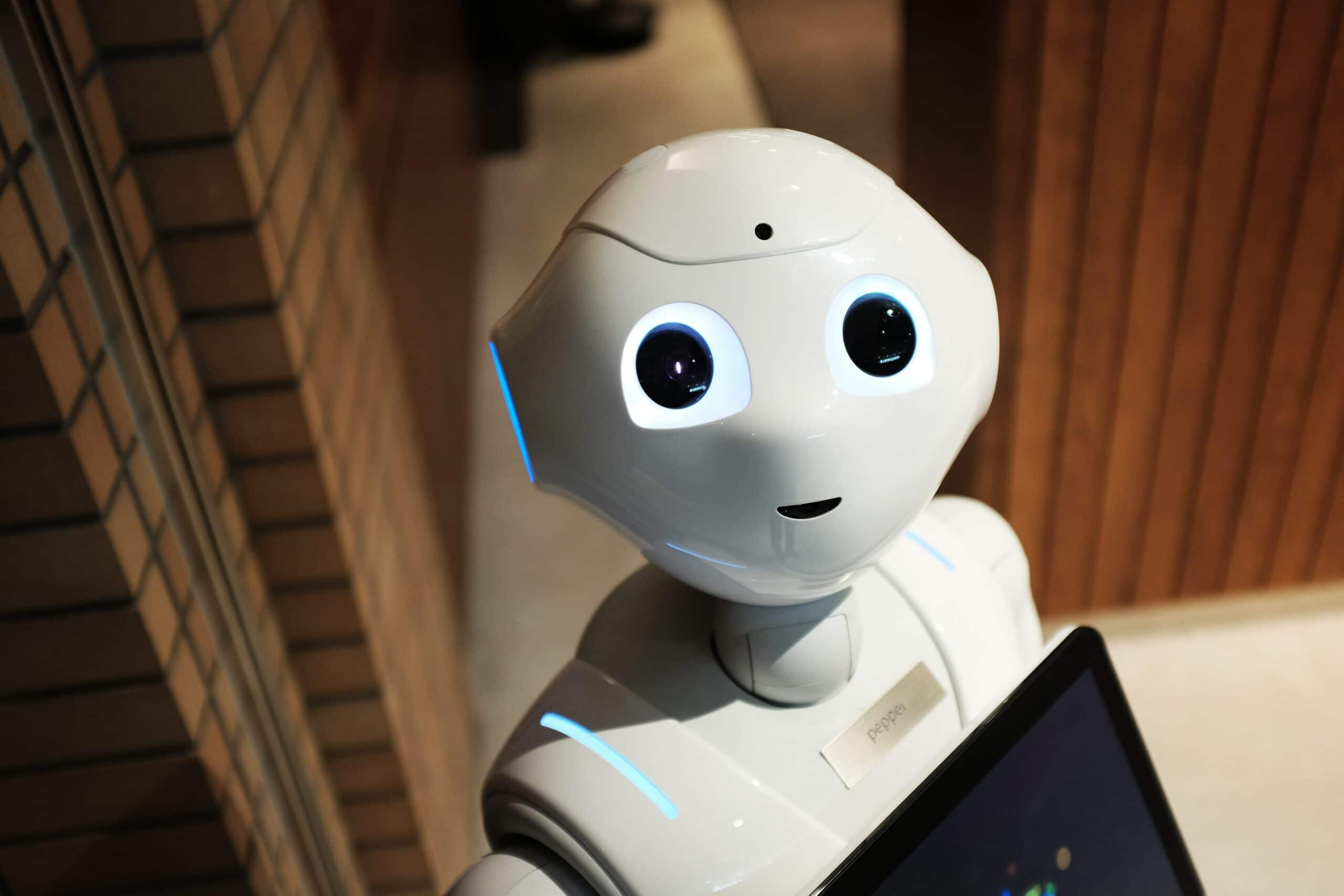A US District Court judge recently answered this question in the negative. Indeed, the court stated that the “clear answer is no.” See Thaler v. Hirshfeld, Case No. 1:20-cv-903 (US Dist. E.D. Virginia September 3, 2021). The court held that the “plain language” of the US Patent Act provides that only inventors are entitled to patents and that only natural persons — human beings — can be inventors. See media report here.
The case involved two inventions that were purportedly solely created by an artificial intelligence (“AI”) machine. The owner — Stephen Thaler — gave his invention-creating AI machine the name of DABUS. When Thaler filed patent applications with the US Patent & Trademark Office (“USPTO”), he listed DABUS as the “inventor” and asserted that DABUS had “assigned” to Thaler its rights in the inventions allowing Thaler to file the applications on its behalf. The USPTO rejected the patent applications asserting that only human beings can be “inventors.” Without a human inventor signing the applications, the USPTO refused to process the applications. Eventually, Thaler filed suit in federal court seeking to overturn the USPTO’s refusal to process the applications.
But, as noted, the US federal court agreed with the USPTO. The court’s decision was based on the repeated use of the word “individual” in the Patent Act. The court held that the ordinary meaning of the word “individual” refers to a “natural person” which, in legal terms, means a human being.
Thaler faced a similar result in the United Kingdom. See BBC media report here. Thaler filed patent applications with the UK Intellectual Property Office which rejected the applications for the reasons as cited by the USPTO. On September 23, 2021, a UK Court of Appeals (by a 2-1 vote) affirmed the UK IPO’s decision. As reported, the majority wrote: “Only a person can have rights. A machine cannot. A patent is a statutory right and it can only be granted to a person.”
However, interestingly enough, Thaler has found some success in Australia. See Guardian media report here. On behalf of DABUS, Thaler has filed for patents in more than a dozen countries. His Australian patent applications were rejected by the Australian Patent Office. But, in July 2021, an Australian federal court overruled the rejection and ordered the Australian Patent Office to process the applications. The court argued that allowing machine AIs to own patents was consistent with the underlying purposes of patent law — to encourage and foster innovation.
Here in the United States, likely, if AI machines are going to be allowed to file patent applications, the Patent Act will have to be changed.
For more information or if you are a human and have an invention or design that you want to patent, contact the patent lawyers at Revision Legal at 231-714-0100.




